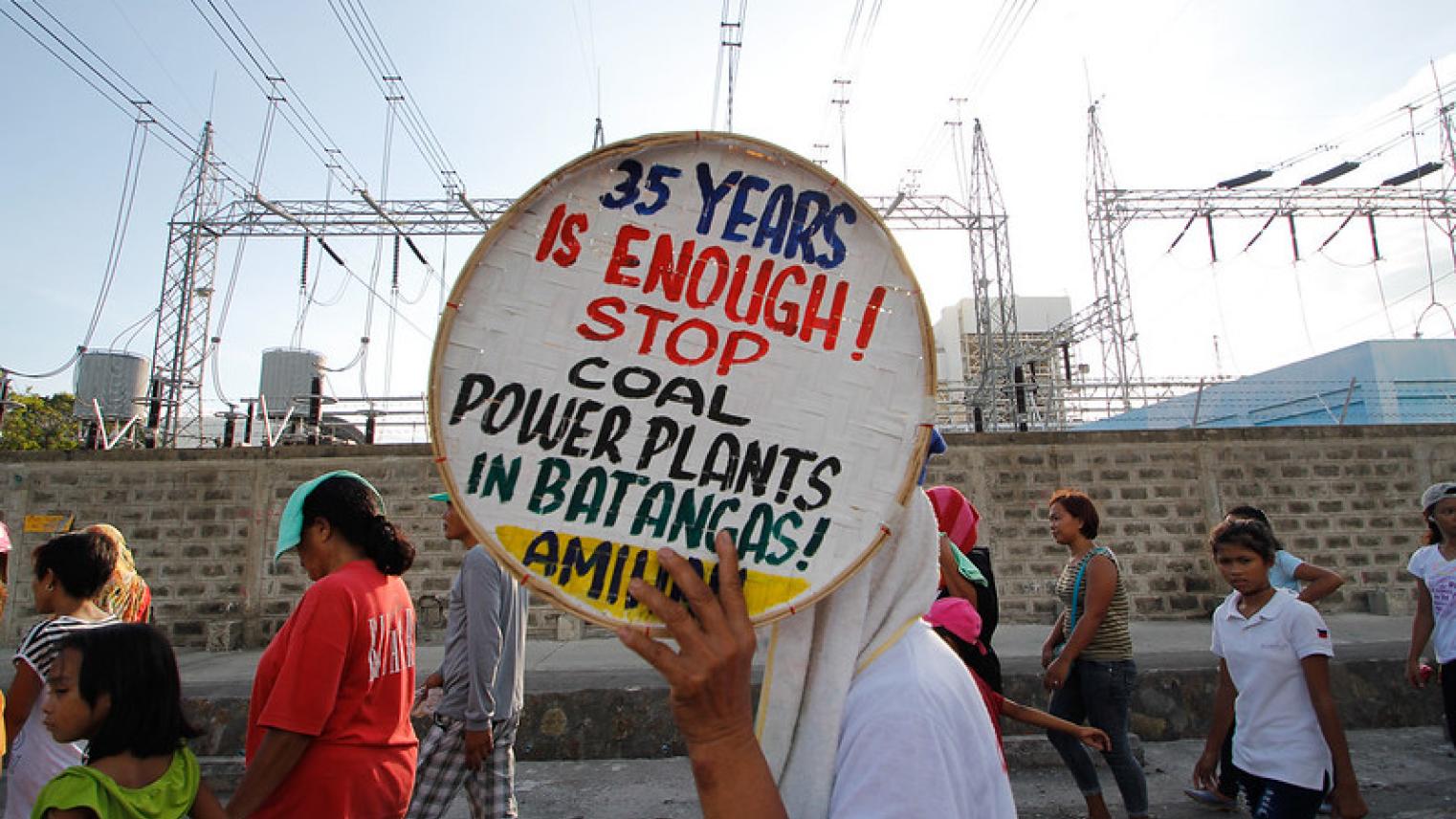- Game-changing carbon sink: The Chonkus algae, a newly discovered cyanobacteria, absorbs CO2 and sinks rapidly to the ocean floor.
- Laboratory success: Researchers successfully replicated Chonkus in lab settings, identifying the promising strain UTEX 3222.
- Industrial implications: Chonkus offers a cost-effective alternative to traditional carbon removal methods, eliminating the need for concentration and drying processes.
The Discovery of Chonkus
An international research team, led by Max Schubert, Ph.D., and Braden Tierney, Ph.D., from Harvard, discovered a remarkable type of algae in the CO2-rich waters near Vulcano, Italy. Named “Chonkus,” this round and heavy algae was found to thrive in carbon-abundant environments.
Field Observations and Lab Replication
During their expedition funded by SeedLabs, scientists observed Chonkus absorbing significant amounts of CO2 and sinking swiftly to the ocean floor—qualities that set it apart from typical algae. “The UTEX 3222 strain had larger individual cells than anything I had seen before,” Schubert noted, emphasizing its potential for industrial-scale carbon capture.
A New Approach to Carbon Capture
Back in the lab, researchers replicated Chonkus’s optimal growth conditions, resulting in promising cultures. UTEX 3222, in particular, stood out for forming densely packed colonies and CO2-storage granules, surpassing the carbon-holding capacity of conventional algae. This discovery hints at a cost-effective solution for decarbonization that avoids the energy-intensive processing of traditional algae methods.
The researchers are optimistic that Chonkus could revolutionize carbon removal efforts by offering a natural and scalable approach to capturing and storing CO2.
Related Article: BCG Advances Towards 2030 Climate Goals with Targeted Emission Cuts and Carbon Removal Commitments

 Follow SDG News on LinkedIn
Follow SDG News on LinkedIn











